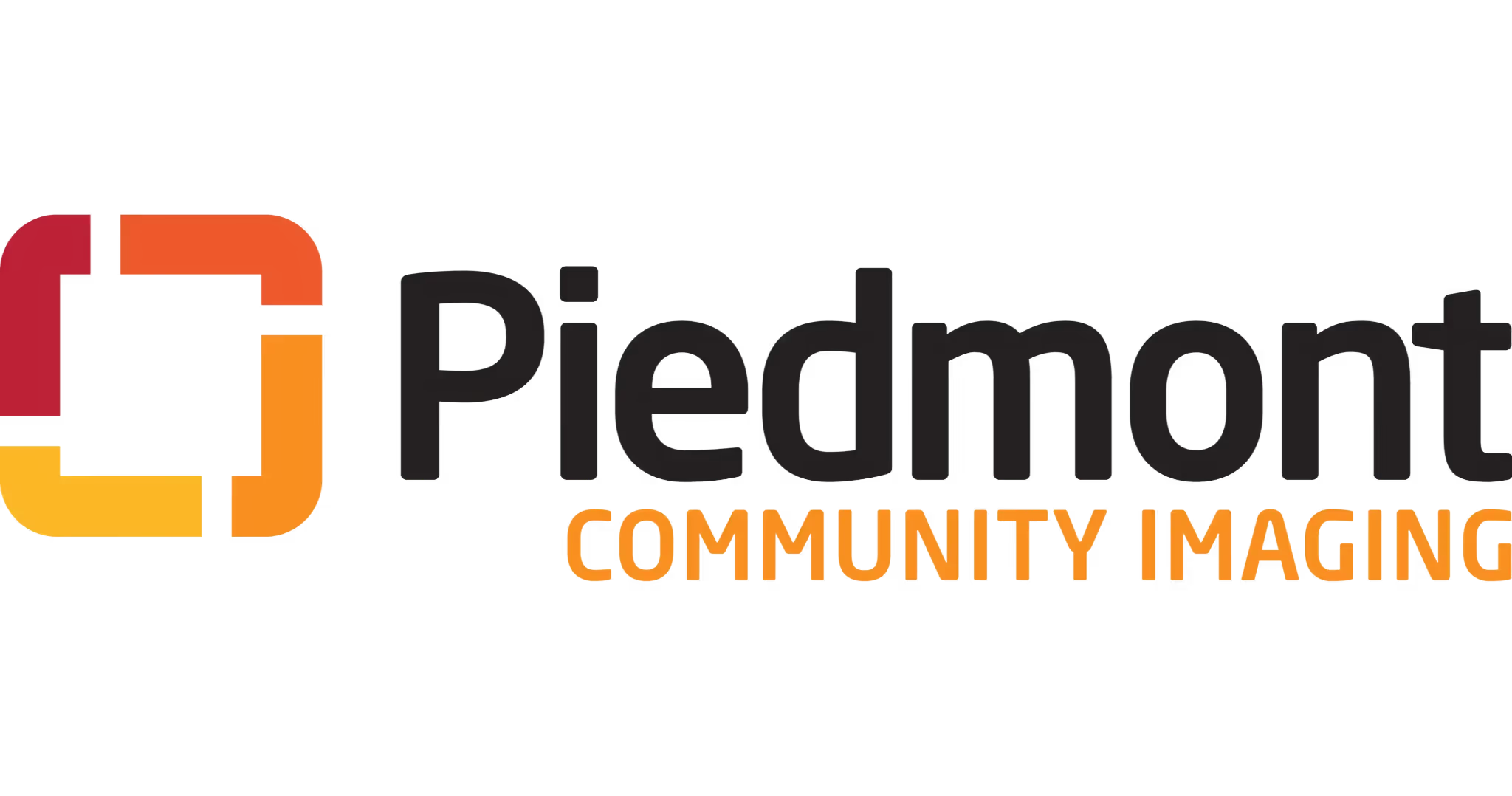Who Can Administer Medications in the Event of a Reaction


What is the Radiation Technologist scope of practice?
The American Society of Radiologic Technologists (ASRT) is the leading organization for medical imaging and radiation therapy professionals. With its unparalleled focus on education, advocacy, and well-defined practice standards, the ASRT serves as the preeminent resource for scope of practice of medical imaging and radiation therapy professionals.
Who is defined as a medical imaging and radiation therapy professional?
The ASRT offers the following definition of medical imaging and radiation therapy professionals:
“The medical imaging and radiation therapy profession comprises health care professionals identified as a bone density technologist, cardiac-interventional and vascular-interventional technologist, computed tomography technologist, magnetic resonance technologist, mammographer, medical dosimetrist, nuclear medicine technologist, quality management technologist, radiation therapist, radiographer, radiologist assistant or sonographer who are educationally prepared and clinically competent as identified by these standards.”
Who can administer medications in the event of a reaction?
According to the ASRT Practice Standards for Medical Imaging and Radiation Therapy, it is within the scope of practice for medical imaging and radiation therapy professionals to perform the parenteral administration of contrast media and other medications only when a licensed practitioner is immediately available to ensure proper diagnosis and treatment of adverse events.
Furthermore, the ASRT states that so long as the medical imaging and radiation therapy professional is properly educated and proven competence, the parenteral administration of contrast media and medication provides a quality patient service in a safe environement.
While the ASRT clearly defines medical imaging and radiation therapy professionals’ scope of practice, it is up to each state to decide whether to adopt the ASRT's recommendations into their own laws and regulations. Most states defer to the ASRT for direction on scope of practice, however, some states have their own definitions that take precedence over the ASRT's guidelines. So while the ASRT sets forth the overall scope of practice for the profession on a national level, individual state laws ultimately determine the legal scope of practice for medical imaging and radiation therapy professionals at the local level.
Conclusion
Laws and regulations vary on a state-by-state basis around who can administer medications in the event of a reaction; however, most states align with ASRT’s practice standards and allow properly educated medical imaging and radiation therapy professionals to administer medication other than contrast media under the supervision of a physician.
Trusted Nationwide



















































74,000+
Contrast exams supervised monthly
64,000+
Hours of supervision monthly
2,700+
Technologists certified
0s
Of imaging partners nationwide
30+
Contrast reactions treated monthly
0%
Requested hours covered
Connect with us.

